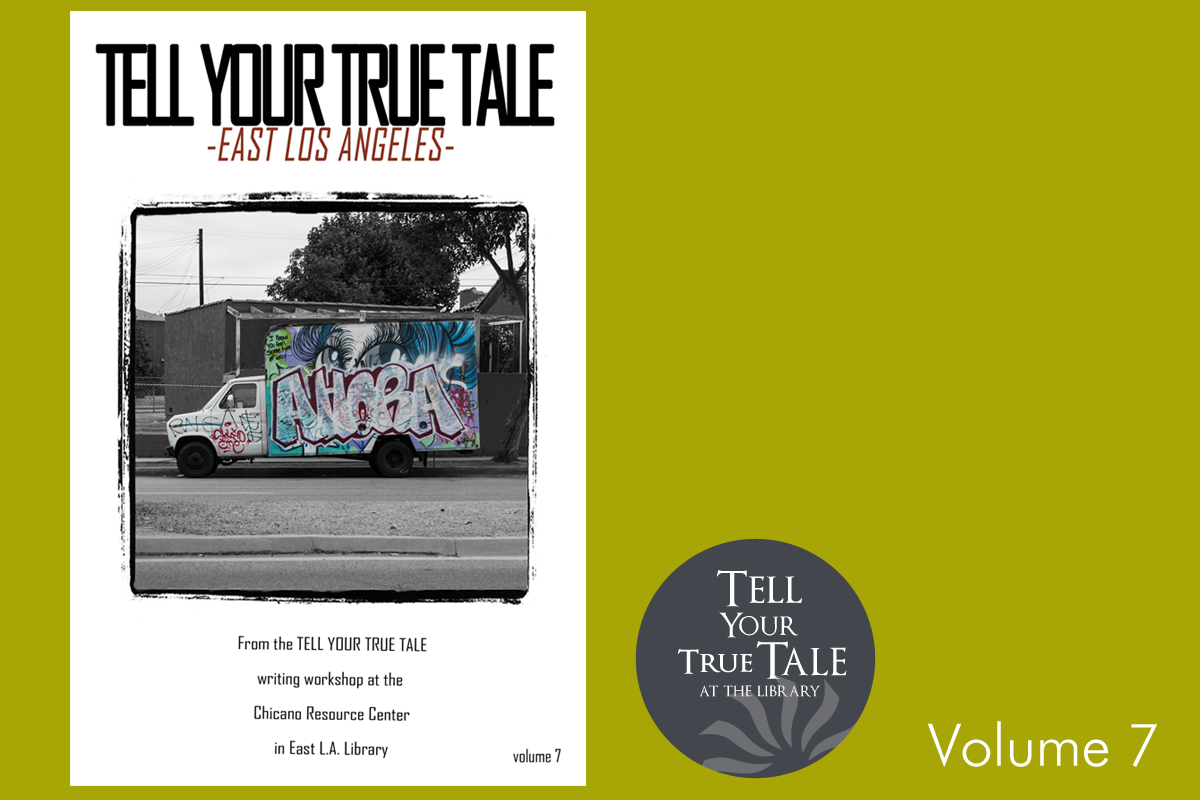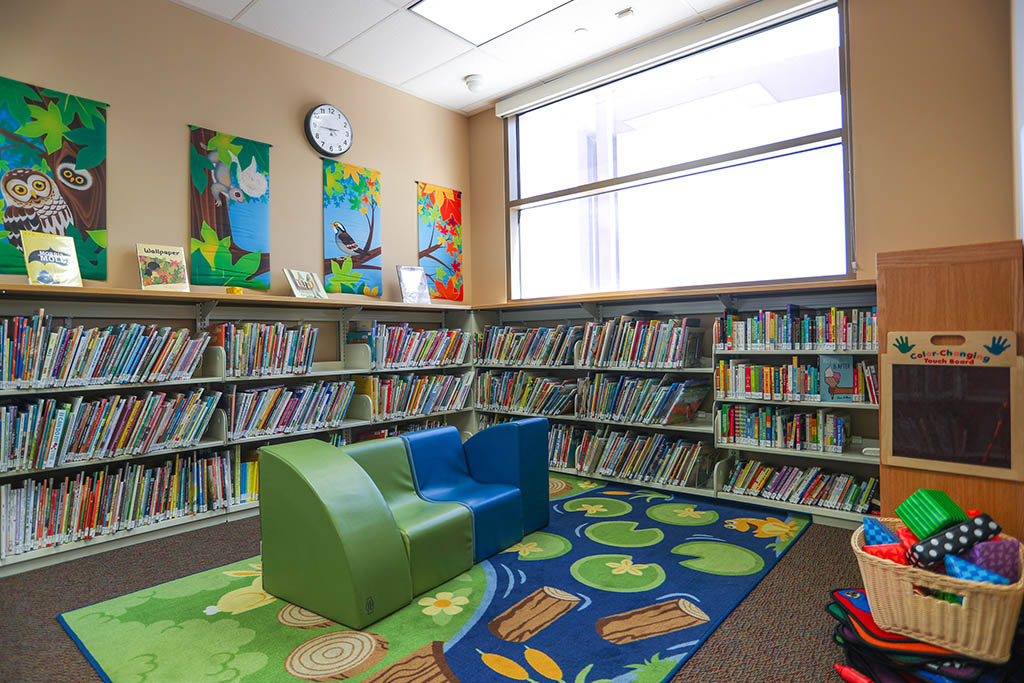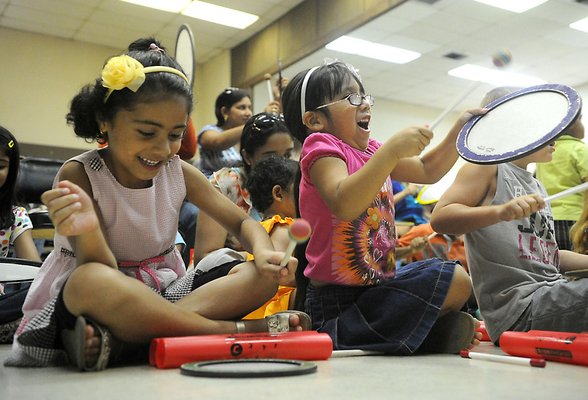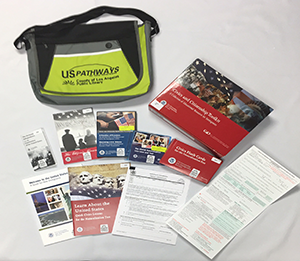Introduction

The stories always get so good.
That’s what I love about the storytelling project I began years ago known as Tell Your True Tale. Sometimes it takes a while. Writing, as our motto says, is about rewriting – and editing and more rewriting. But eventually you get to great, unexpected tales – like “Padrino,” which leads this volume by Lena Solis-Aguilera. Lena tells of her relationship with an old man, a Santeria priest, who became like a father to her and her young son.
So too is the story by Peggy Adams, about her aunt in Alabama years ago, who was against divorce, but not against her husband leaving. I love working with writers and watching as their pieces take shape, like a photograph back when pictures were developed by film and in chemical baths. These stories, which vary as widely as the authors,were like that.
Jian Huang, a Chinese immigrant, writes of her father leaving for the United States and their reuniting a couple years later. Felecia Howell writes of her Japanese mother-in-law, the mother of her girlfriend.
C.J. Salgado writes of the destructiveness of fire and Susanna Franek writes of the rise and fall of the street gang next door. Sarah Alvarado writes of a Latino couple who pioneered the videotape business in East L.A., and what it did to their love story. Maria Fernandez writes of a couple in Michoacan, and what violence and separation did to theirs. Meanwhile Sylvia Castañeda writes of her Zacatecan grandmother, whose husband was murdered, and who was betrayed by another man and the story of where that led her.
Celia Viramontes tells another in a series of stories about her grandfather, Don Luis, as he worked the fields of the United States as a Bracero. And Fabiola Manriquez tells of her years as a disco dance competitor as a way of surviving a dysfunctional home, capped by the moment she met her idol, Donna Summer. Miguel Roura continues his theme of his encounter, as young Chicano, with the reality of Mexico.
Finding the stories in small moments is one goal of this workshop.
Another goal is to turn those nonfiction stories into tales that read like fiction. I believe the stories in this volume do that. But read and decide for yourself. I think you’ll find it all the more wondrous that they were produced by people who, for the most part, had not written much prior to this.
We are thrilled, with this volume, to welcome another partner to the TYTT experiment: the Los Angeles Review of Books. LARB has been a terrific promoter of literary arts in Southern California and we are very happy that it will be featuring TYTT stories and news on its site.
Visit LARB at lareviewofbooks.org
As always, we have benefited from the visionary sponsorship of the good folks at the L.A. County Library, who have this time around also funded an online editing service. This service is for writers who have finished two or three TYTT workshops and want – need –editing more than anything else. It allows us to continue to open space for new writers into the workshops, while editing the veterans as they continue to pump out great narrative.
Once again, I thank Daniel Hernandez, director of the Chicano Resource Center at the East L.A. Library, where these workshops have been held, and who was adventurous enough to allow them to first take place back in 2013.
Mary Yogi has been hugely helpful with the digital presentation of TYTT at the library’s website.
Thanks to Jesse Walker-Lanz, Administrator, Adult Services for his cheerful and energetic support of these workshops.
Eric Franco Aguilar, a TYTT alum, designed yet another terrific cover, and on this volume expands his role to design the whole book.
Enjoy this seventh volume of Tell Your True Tale. Also, check out the county library’s page dedicated to the project: http://www.colapublib.org/tytt/
Then we hope you’ll come write a story of your own.
Sam Quinones
www.samquinones.com
samquinones7@yahoo.com

November 1, 2017










